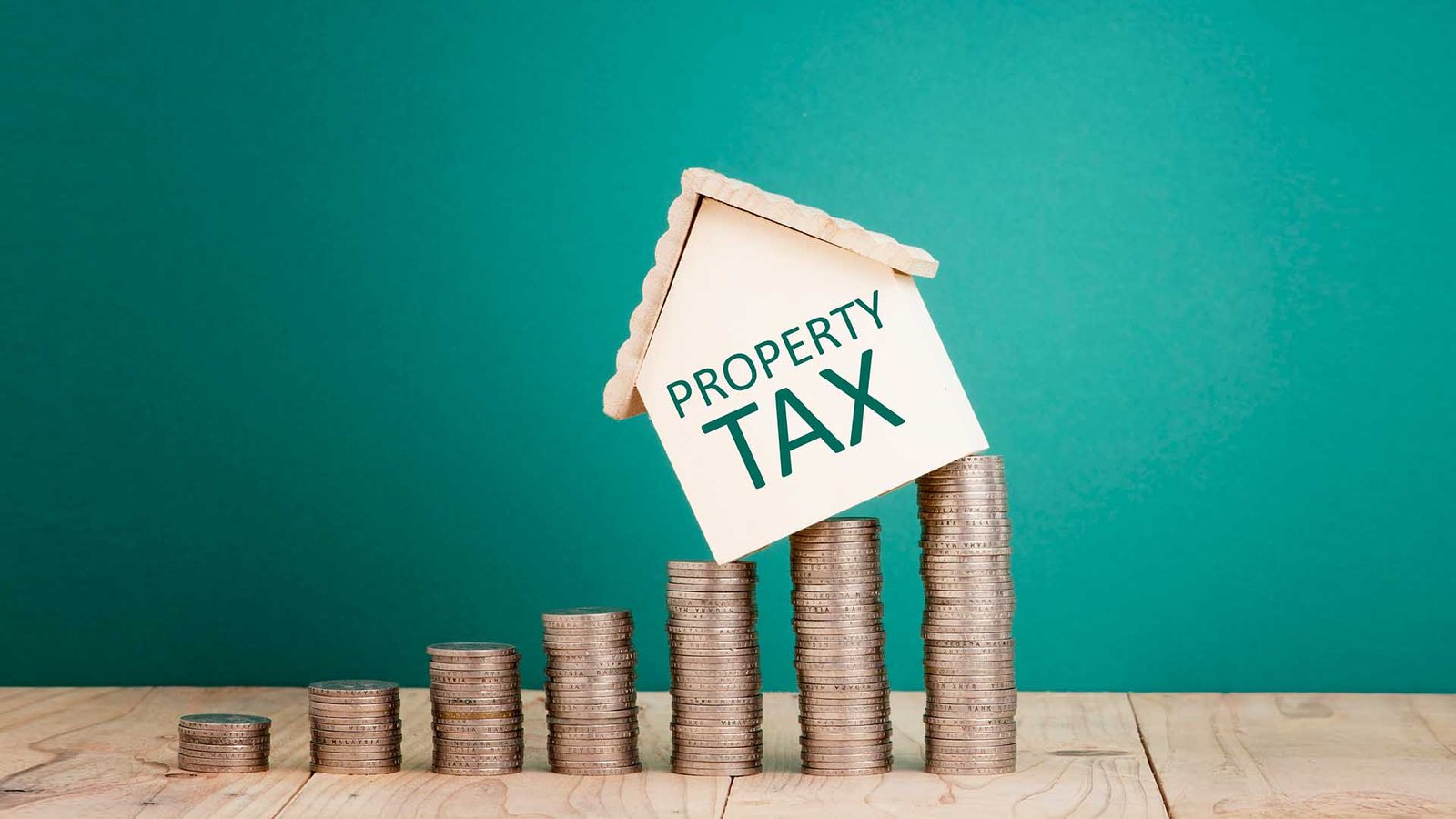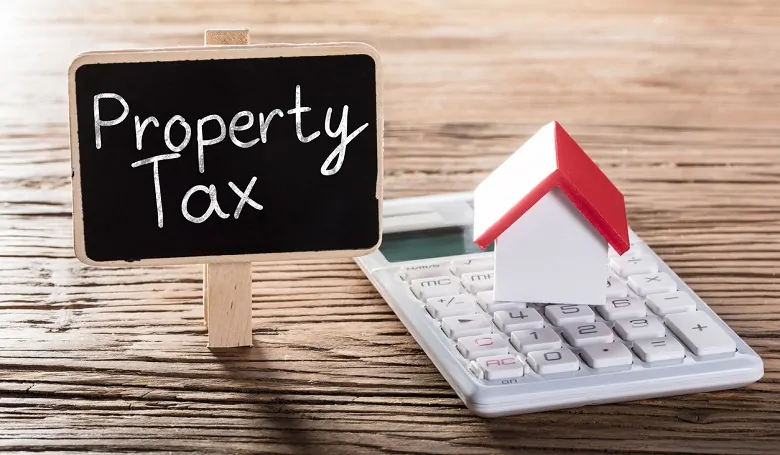
Property Tax in Dubai | Fajar Realty
Property Tax in Dubai
Dubai, one of the seven regions of the United Arab Emirates (UAE), is renowned for its duty-free life. None of the seven UAE regions levies a federal income tax, although they are constitutionally entitled to do so. In the Arab world, unearned incomes are deemed haram or illegal, which taxes are considered. There is no property tax in Dubai. However, social security levies are payable by local people and certain corporate taxes.

Dubai might easily be regarded as the ideal place for investing in property for professional investors and end customers. When it neither comes to taxing real estate earnings in Dubai – there is no property tax owed by the investor – nor from revenue obtained from sales or rental payments. The annual fixed property tax in Dubai is applicable in several nations is also not available in the United African States.
There are Only a Few Modest Property Taxes Paid on the Property.
- When you buy or sell the property in Dubai, whether residential or business, there is a one-time fee of a 4% land registry fee. 50% of this fee shall be paid by the seller and 50% by the buyer. The cost is determined on the sales-purchase price of the property and is due to the property department on the day the property is transferred. In real life, this tax is mainly paid by the buyer. This tax Or fee is payable irrespective of the physical person or company.
- When renting a home in Dubai, the tenancy contract value is a tax of 5 percent. This tax is payable on the property by the tenant and is automatically added to the tenant’s power bill and paid in instalments and the water and electricity payments. In commercial property, 10% of this tax is produced in the same way as residential property.
Such a streamlined system of taxing real estate profits makes any yearly tax declaration obsolete, as taxes are automatically collected, with those tax payments in real terms being minimal. Regarding inheritance — in Dubai ether, there are no inheritance taxes – regardless of parenthood. A 4 percent ordinary transfer tax is applicable at the transfer of ownership of the property under inheritance.
Property Tax on Immovable Gains
The taxation on immovable gains is independent of the property owner’s residence, within or outside the UAE. There are no restrictions when money is transferred from properties abroad, and there are no currency conversions restrictions.

The property in Dubai can be bought by foreigners and utilized for private or business purposes (depending on the kind of property) or leased out under appropriate restrictions. Property can be purchased in his name or the name of a registered UAE corporation by a foreigner. The taxation regime of the property remains unchanged for private or company purposes.
Recent research by UK property company Knight Frank and accountancy giant EY on global property taxes showed that expatriates buying real estate in Dubai pay one of the world’s lowest buying taxes compared to 15 other locations worldwide. Here’s all you need to know about Dubai real estate taxes:
Circumvented Property Tax in Dubai
Dubai is an emirate with “no tax”, making it a desired location for investors and inhabitants alike. Dubai does not have to rely on direct income tax due to its oil and trade profits. However, property tax in Dubai is circumvented by a monthly “lodging fee” (a.k.a. municipal tax), as well as a 4 percent transfer cost.
All owners must pay 5% of the average rental value in their area and, upon transfer of the property, must pay a charge to the Land Department of Dubai.
The study of 15 cities worldwide indicated that Dubai had the second-lowest rate of property fees (relative to other property taxes, since Dubai did not have a property tax), amounting to 3.6 percent over five years, with Monaco alone preceding 3.5 percent. The ranking is achieved despite the increase of the transfer charge to 4 percent of the property value by the Dubai Land Department.
When you take property tax rates in major cities worldwide, you can readily discover that Dubai is one of the world’s cheapest property investment destinations. Compared with other cities such as São Paulo, where property taxes approach 30 per cent of the total value, Dubai is considered an appealing investor playground, particularly because rental incomes reach up to 8 per cent in some locations.
Determine the Tax Rate
According to the location of the property, the tax rate is determined. In Dubai, for example, the tax rate is 4%, and both the buyer and the seller are equally responsible for paying it. In reality, the buyer typically pays the transfer charge. No matter how many other privileges the firm would have in the Emirate of the United Arab Emirates (UAE), there is a transfer tax on shares transferred from a JAFZA-based company that owns real estate in the Emirate of Dubai.
Transfer taxes are usually due on the following items:
- Real estate sales and purchases
- The renting out of the real estate
- Mortgage
Transfer tax must be paid by a company registered in the JAFZA if it owns real estate in Dubai and its shares are transferred. The buyer can pay the entire transfer charge if the agreement between the parties states otherwise.
Dubai and Abu Dhabi charge a property tax rate of 4 percent on the real estate value in their respective cities. Companies in the JAFZA and owning real estate in Dubai are subject to a 4% transfer tax when their shares are sold or transferred.
Fees for Notary Services
- Notary fees are payable to a notary public in all emirates to authentic business documents for legal purposes.
- For the notarization of company documents, the applicable emirate’s notary public must be paid notary fees.
- In each emirate’s local income tax decrees, notaries are compensated by the person who owns the paper they are certifying (s).
- Abu Dhabi and Dubai have notary fees ranging in price from AED100 to AED500.
